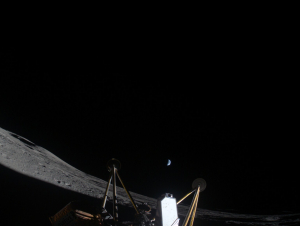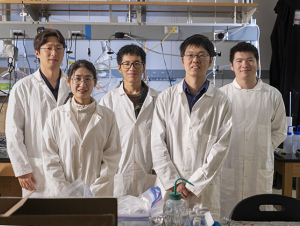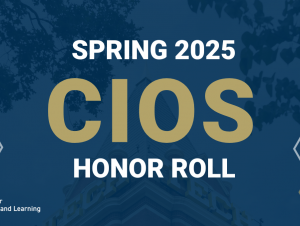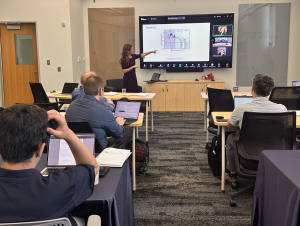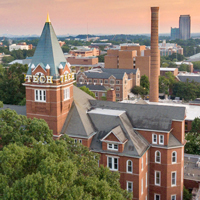Latest News
The mass spectrometer and ice drill will be crucial to future NASA missions.
Georgia Tech researchers are innovating ways to study air quality — beginning with prehistoric insights and zooming all the way to satellites in our orbit.
Eighteen faculty members from the College of Sciences have been recognized by their students for outstanding teaching and educational impact.
As temperatures rise, proper hydration and heat acclimatization can help maintain physical and mental health. School of Biological Sciences Professor Mindy Millard-Stafford and Adjunct Professor Mike Sawka discuss best practices and strategies to avoid heat-related illness and dehydration while optimizing performance.
A School of Physics alumnus has broken the world record for the most muscle-ups in 24 hours.
Georgia Tech is leading a revolutionary NASA mission to image black holes from space, overcoming the limits of Earth-based telescopes. With twin orbiting instruments, the SPRITE project could unlock unprecedented views of the universe’s most mysterious objects.


